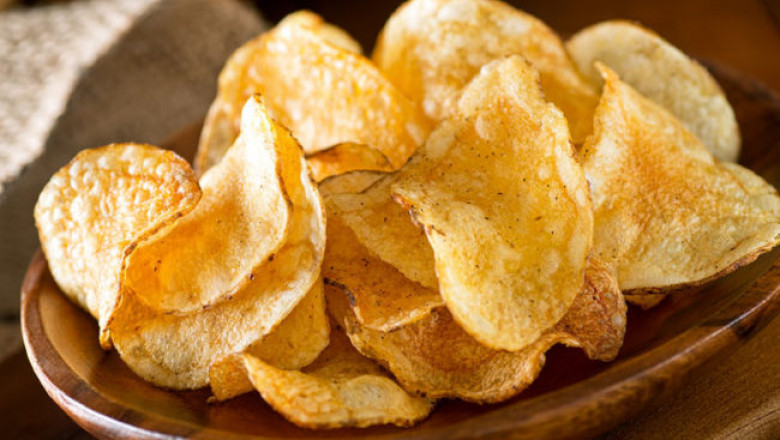views

7 Surprising Foods That Are Bad for Your Health
You probably know that sugar causes cavities and that wine may cause discoloration of your pearly whites. However, there are more seemingly harmless foods that may wreak havoc on your dental health if consumed on a regular basis. By knowing these foods, you can avoid dental problems and preserve your dental health.
Learn more about 7 surprising foods that can trigger dental problems to ensure your dental health.
1. Sports drinks
Sports drinks can help you compensate for electrolytes after a sweat-dripping workout, but keep in mind that these drinks are high in sugar. It's why you enjoy a sports drink after exercise. Sports drinks increase your blood sugar levels and give you the energy boost you crave. But along with the energy, you get a high dose of sugar that covers your teeth and increases the risk of tooth decay.
To lower the risk of dental problems, stick to the safest option, like water. It also restores the balance of electrolytes while being safe for your teeth.
2. Sunflower seeds
The seeds themselves aren’t harmful to your teeth. But the hull from the seeds can lead to dental problems. Because seeds have a hard outer shell, and you're attempting to bite through that shell, which might cause harm. Chewing on sunflower seeds can cause mechanical damage to your teeth and lead to tooth fracture. If you enjoy the protein-rich snack, go for hulled seeds that won’t damage your teeth.
3. Alcohol
Aside from stains and sugar, alcohol dries out your mouth, making you more susceptible to cavities. Saliva hydrates your mouth, maintains it clean, and neutralizes acids in your mouth. Lack of saliva makes you more likely to have dental problems. But it doesn't mean that you have to give up alcohol entirely. Drinking in moderation and rinsing your mouth with water after drinking alcohol can help diminish its negative effect on your teeth.
4. Ice cubes
If you want to preserve your dental health, keep the cold stuff in your glass rather than in your mouth. Chewing on ice is dangerous because both tooth enamel and ice are made of crystals. If you press two crystals against each other hard enough, one will break (and this can be your tooth enamel). If your tooth gets chipped because of chewing ice cubes, visit a dental clinic as soon as possible.
5. Dried fruit
Dried fruits are a great source of fiber and vitamins. But eating them has some disadvantages, particularly for your dental health. When liquids are drained out from the fruits, the fruit becomes a lot stickier. Besides, it becomes concentrated with sugar and acids.
Raisins and dried cherries can stick in the grooves and crevices of your teeth, while bacteria in your mouth feast on the accumulated sugar. These bacteria generate acid, which destroys your enamel and leads to tooth sensitivity. Over time, enamel damage results in the development of tooth decay.
6. Gummy vitamins
Everyone thinks that gummies are good for their health. But the sweet and sticky vitamins, on the other hand, aren't any better for your teeth than sweets. They are often loaded with sugars that can remain on your teeth, causing an overgrowth of bacteria and increasing the risk of tooth decay. To preserve your dental health, instead of chewable vitamins choose their liquid options. You may add a few drops of liquid vitamins to drinks and consume them without the risk of dental issues.
7. Potato chips
Chips are sneaky. They stick to your teeth in the same way as dried fruit and gummy vitamins do. The starch in potatoes converts into sugar, and the sugar is metabolized into acid. If you love a bag of chips from time to time, make sure to rinse your mouth with plenty of water and floss each time. After you are done eating, make sure that you are really done. To avoid dental problems, you shouldn’t leave anything in your mouth after a meal. Cleaning your teeth immediately after eating a sticky snack is another great way to avoid tooth decay.











